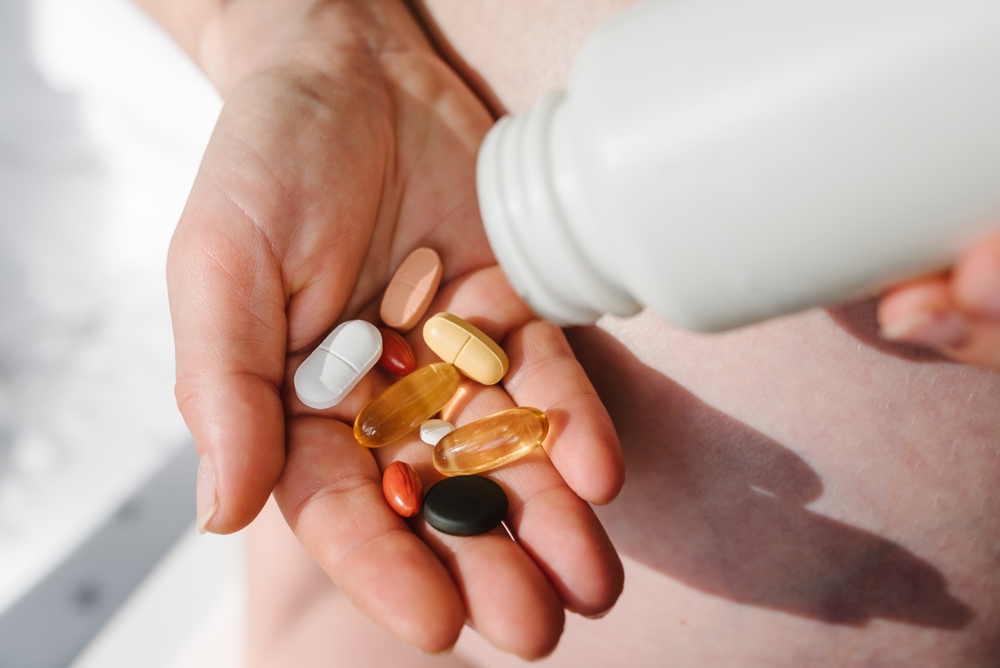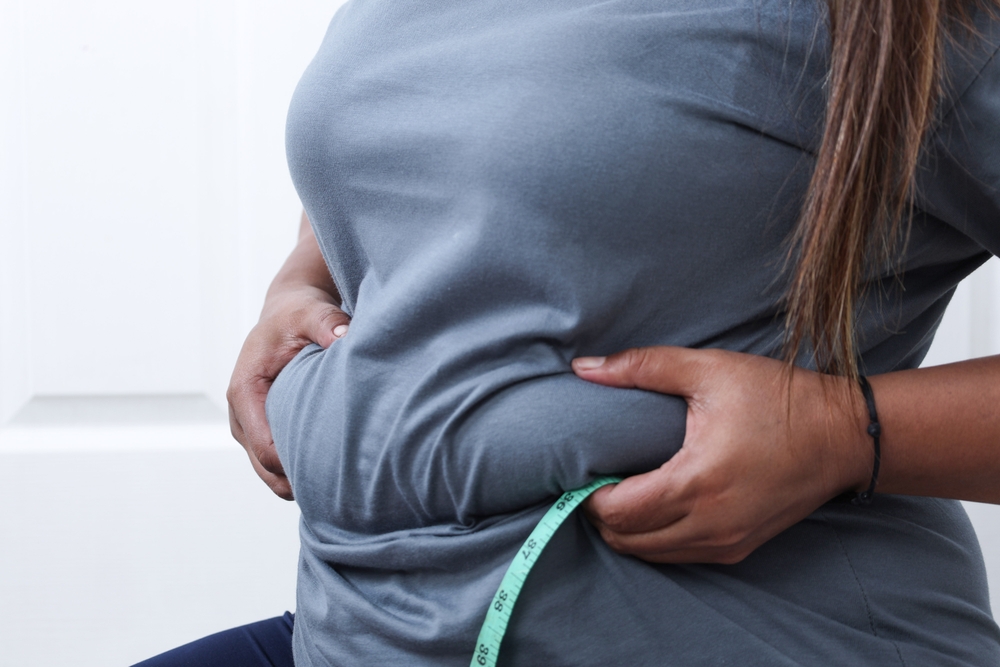Low-dose chemotherapy for breast cancer refers to treatment schedules where chemotherapy drugs are given at lower doses more frequently, rather than high doses spaced widely apart. This metronomic approach aims to do the following:
- Lessen the side effects commonly seen with traditional chemotherapy
- Maintain continuous pressure on tumor cells and the tumor’s blood supply
- Preserve immune system function
- Improve overall tolerability and quality of life for patients
At our Center, we assess factors such as tumor type, stage, prior treatments, patient health, and preferences to decide whether low-dose chemotherapy for breast cancer is appropriate.
Benefits of Low-Dose Chemotherapy for Breast Cancer
-
Reduced Toxicity and Side Effects
High-dose chemotherapy often causes severe side effects such as nausea, hair loss, suppression of immune cells, and organ damage. With low-dose chemotherapy for breast cancer, these are generally milder. Patients may recover more quickly and maintain more functionality.
-
Continuous Anti-Tumor Action
Frequent, lower doses can inhibit angiogenesis, the formation of new blood vessels feeding tumors, and suppress residual cancer cells. This makes low-dose chemotherapy for breast cancer an appealing strategy to keep steady pressure on tumor growth.
-
Immune System Support
By avoiding large chemotherapy spikes, the immune system is less compromised. Thus, low-dose chemotherapy for breast cancer helps maintain the body’s natural defenses.
-
Better Quality of Life
Lower side effect burden often translates into better energy, appetite, and mood, as well as fewer hospitalizations. Patients on low-dose chemotherapy for breast cancer often report less fatigue and less disruption to daily life.
How We Employ Low-Dose Chemotherapy for Breast Cancer at Our Center
When a patient is a candidate for low-dose chemotherapy for breast cancer, our oncology team devises a personalized plan. We decide on the chemotherapy agent(s), dosing frequency, monitoring parameters, and supportive measures. We monitor tumor markers, imaging, blood counts, and organ function closely. Adjustments are made as needed to ensure safety and maximize efficacy. In many cases, we combine low-dose chemotherapy for breast cancer with holistic therapies to bolster the body’s resilience.
Alternative and Complementary Therapies to Support the Body
Because low-dose chemotherapy for breast cancer works best when the body’s defenses are strong, we integrate several alternative therapies to support the overall treatment plan. These include the following:
-
Nutrition and Dietary Therapies
- A diet rich in whole foods, lean proteins, healthy fats, and abundant plant-based phytonutrients
- Fewer processed sugars and inflammatory foods
- Tailored meal plans that support detoxification and immune health
-
Herbal and Phytochemical Support
- Use of scientifically studied botanical compounds that may have anticancer, antioxidant, or immune‐modulating effects
- Careful coordination with chemotherapy to avoid interactions
-
Mind-Body and Stress-Reduction Practices
- Techniques such as meditation, breathing exercises, yoga, acupuncture, and tai chi
- Psychological counseling and supportive group therapy, which reduce stress hormones and help maintain immune function
-
Exercise and Physical Activity
- Gentle, regular exercise tailored to the patient’s energy and capacity: walking, swimming, light strength training
- Activity meant to reduce inflammation, improve mood, and enhance immune surveillance
-
Immune-Enhancing Therapies
- Intravenous vitamin C, mistletoe therapy, and certain immunomodulatory supplements (under supervision) to help support immune health
- Use of therapies that help the innate and adaptive immune systems to recognize and eliminate cancerous cells
-
Detoxification and Lifestyle Optimization
- Supporting liver, kidney, and lymphatic health via nutrition, hydration, and herbal assistance
- Reducing exposure to environmental toxins in food, household products, and air
- Ensuring good sleep, adequate rest, and psychological wellness
Who May Benefit from Low-Dose Chemotherapy for Breast Cancer?
While low-dose chemotherapy for breast cancer is not right for everyone, it may be particularly helpful for the following people:
- Patients with metastatic or recurrent breast cancer who have experienced high-dose chemotherapy toxicities
- Older adults or those with compromised organ function
- Those seeking to maintain quality of life while still treating the cancer actively
- Patients interested in integrating holistic therapies with standard oncologic treatment
Decisions are made jointly: the patient, oncologists, and integrative medicine specialists work together to determine whether low-dose chemotherapy for breast cancer fits into the overall care plan.
Safety, Monitoring, and Considerations
- Regular monitoring of blood counts, liver, and kidney function
- Checking for interactions between herbal supplements and chemotherapy agents
- Close attention to nutrition and hydration
- Patient education about signs of infection, toxicity, or complications
At our Center, every patient receiving low-dose chemotherapy for breast cancer undergoes rigorous follow-up and supportive care to mitigate risks and enhance outcomes.
Low-Dose Chemotherapy in Irvine
Low-dose chemotherapy for breast cancer offers a gentler, more sustainable way to treat breast cancer. When combined with proper nutrition, immune support, stress reduction, exercise, and detoxification strategies, patients often find improved resilience and quality of life.
If you or someone you love is considering treatment options for breast cancer, and you want to learn more about low-dose chemotherapy for breast cancer, we invite you to schedule a consultation with our team at the Cancer Center for Healing. You can also read our detailed treatment protocols and supportive care approaches here: Low-Dose Chemotherapy Overview. Together, we can design a comprehensive care plan that supports your body’s healing journey.


















